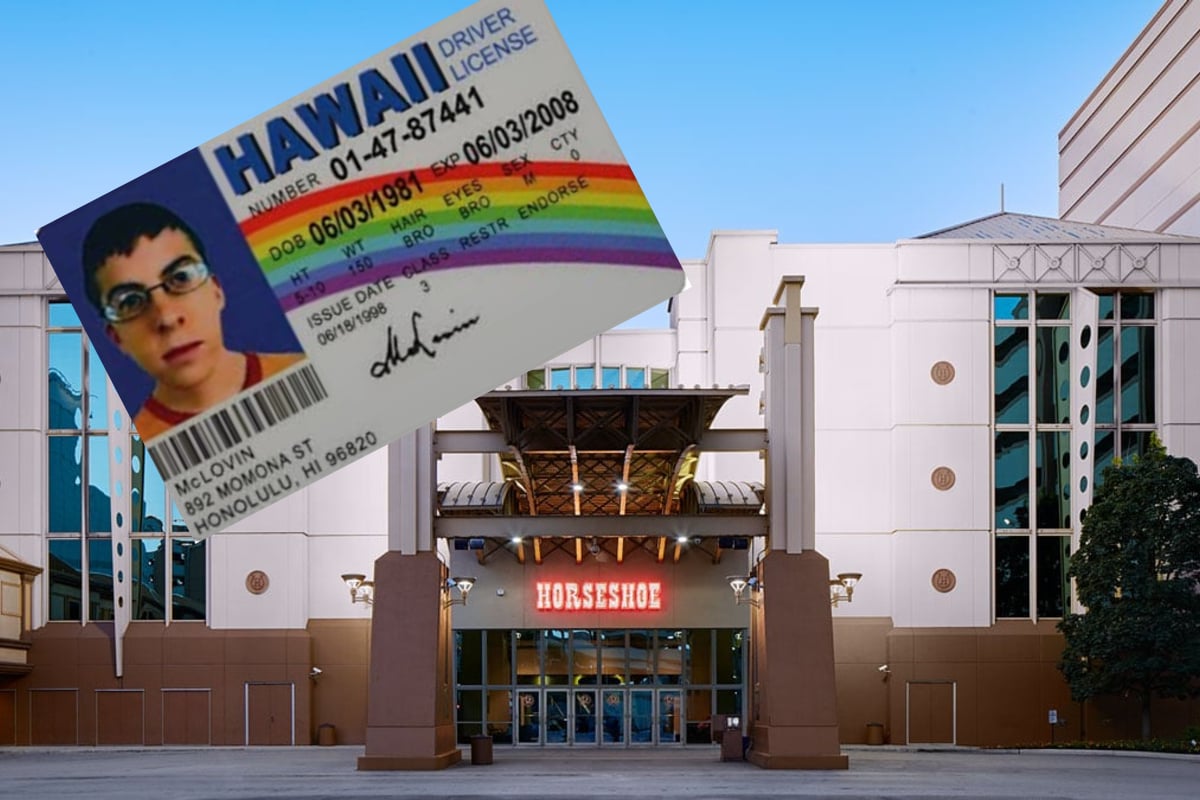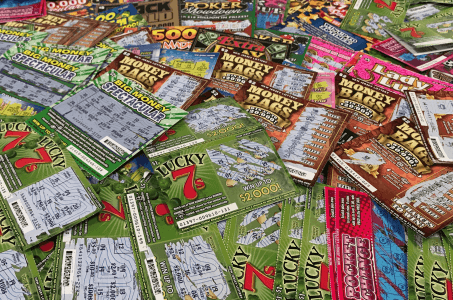Horseshoe Hammond Casino Fined $100K for Allowing Underage Gambler Repeated Access
Posted on: March 25, 2021, 02:14h.
Last updated on: March 25, 2021, 04:14h.
The Horseshoe Hammond Casino in Indiana has been issued a $100,000 fine for repeatedly allowing an underage male access to gamble unlawfully.

During its meeting this week, the Indiana Gaming Commission (IGC) levied the $100,000 penalty after concluding that an 18-year-old male was illegally granted entry to the casino floor 40 times. The unidentified person presented a fake identification from Pennsylvania.
A review found that 18 different security officers overrode the man’s fake identification failing the authenticity scan on each occasion. The underage person’s fake ID was scanned 40 times last fall between November 1 through November 17.
The following day, a security official at the Horseshoe Hammond finally suspected the ID to be fraudulent and notified police. A sergeant then alerted IGC gaming agents.
Once detected, the man admitted to being only 18 years of age. He was in possession of three $1,100 losing William Hill Sportsbook betting tickets. He also held a Caesars Rewards loyalty club card.
Casino Claims Human Error
The Horseshoe Hammond security team utilizes tech firm Veridocs for its identification authentication processing. Veridocs’ TrueAuthentication product is a leading tool in the gaming industry to prevent underage people from gambling illegally on a casino floor.
The technology product detects irregularities in an identification card while confirming the validity of features and patterns, light-absorbing inks, state seals, and other features visible only in ultraviolet light.
“TrueAuthentication performs real-time imaging, data capture, and analysis of an ID, and displays the data and authentication result,” Veridocs explains. “Within our own applications for gaming, the user-friendly operator screens will also display the biographic and image data from the ID.”
The technology worked, but human error overrode the computer’s opinion on the man’s fake Pennsylvania ID.
This was a young man with a really good fake ID,” said Kathryn Jenkins, Horseshoe Hammond general manager. “I believe in human error. But we do everything we can to ensure this doesn’t happen.”
Jenkins says security officials are currently allowed to ignore the Veridocs conclusion for various reasons. One example she cited was a dirty card, which could trigger a fake result despite it being legit.
The GM added that the casino’s present rules are to deny anyone who appears to be under the age of 30 whose card doesn’t pass the Veridocs check.
Underage Gambling Rare
The National Center for Responsible Gambling (NCRG) says underage gambling in the US is “infrequent.” However, the NCRG concedes that “a small percentage of youth population gamble frequently and experience problems associated with their gambling, and these youth will likely need prevention and intervention services.”
The National Council on Problem Gambling (NCPG) says the evolution of video gambling “skins” — in-game goods and tools that can be used as virtual currency — could be grooming future problem gamblers at a young age.
“The world of what we have considered ‘gambling’ has shifted dramatically in recent years, and exposure to gambling within video games is eye-opening,” the NCPG said last year.
Related News Articles
Nebraska Lottery Won’t Pay Out on 405 Misprinted Scratch-Off Tickets
Nevada Law Professors Grade New Rules to Prevent Harassment at Casinos
Most Popular
Tropicana Las Vegas to be Imploded, Tentative Date Set
VEGAS MYTHS BUSTED: Golden Gate is the Oldest Casino in Vegas
Most Commented
-
End of the Line for Las Vegas Monorail
— April 5, 2024 — 90 Comments
















No comments yet